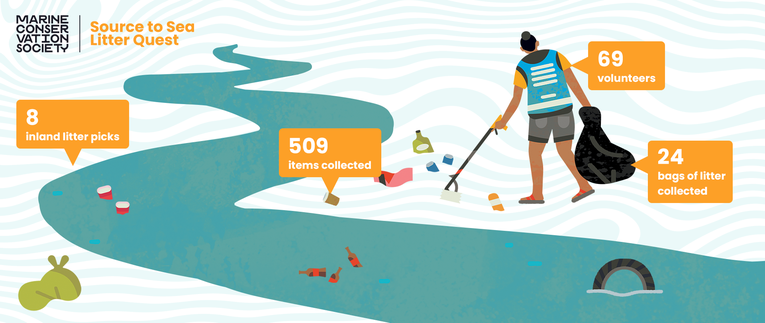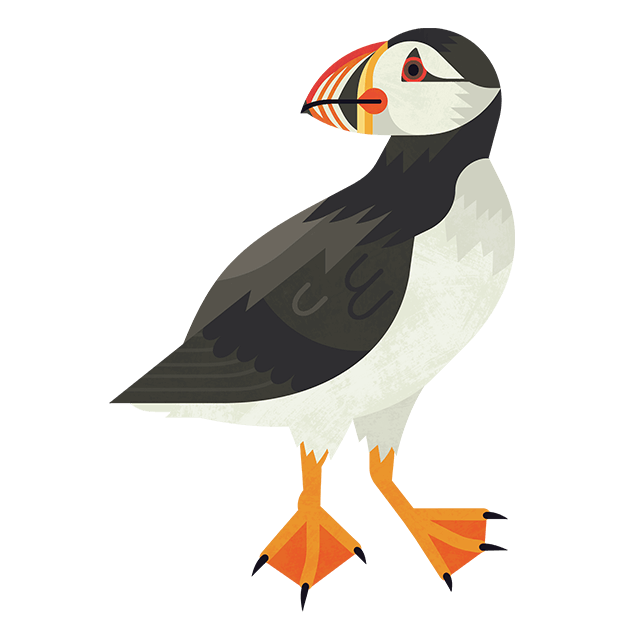
The results are in from this year's Great British Beach Clean
The Great British Beach Clean 2023 results are in! We've analysed the data and can now reveal just how much litter was picked up during this year's event.
Despite the challenging weather, we're excited to announce that 428 beach cleans took place over the 10-day period, with 5,416 volunteers turning up to help clean up our coastline.
Together, a total of 129,391 pieces of litter were collected, filling 1,426 litter bags. This weighed in at 7,476 kgs of litter - the same weight as an elephant! 40 miles of beach were cleaned – the distance it would take to walk from Edinburgh to Glasgow.

Clare Trotman, Beachwatch Officer, said: "A massive thanks to everyone who braved the elements and got involved in this year’s Great British Beach Clean. Due to your efforts, over 7,000 kgs of litter has now been safely removed from our coast and inland areas, stopping it from entering our ocean where it poses a threat to marine life.
"What's more, the litter surveys we received will feed into our year-round reporting and help us understand the types and sources of litter pollution on our shores.
This vital information will enable us to campaign for better regulation and action to clean up our coast.
Clare Trotman, Beachwatch Officer
Source to Sea results
Despite not being able to make it to the beach, 69 volunteers got involved in our Source to Sea Litter Quest, collecting 509 litter items and removing 29kgs of litter from inland areas. These litter picks help us track litter pollution and prevent it from reaching our shores.

Soup-er sponsors
A massive thanks goes to our sponsor, Cully & Sully Soup, for embarking on a beach clean roadshow, supporting with keeping beaches beautiful, and our volunteers fuelled with some warming soup.

Credit: Billy Barraclough
Cullen “Cully” Allen, Co-founder of Cully & Sully Soup, said: "It was fantastic to sponsor the Great British Beach Clean for a second year running and head out on the road in our soup van to support events across the south coast of England and Wales. While we had gales, rain, and sunshine, we were glad to be able to help volunteers warm up with a cup of our tomato soup."
What happens next?
The litter information will contribute to our 2023 State of Beaches annual report, which will be released in March next year.
To find out more about what types of litter are most prevalent on UK beaches, and what we're doing about it, take a look at our current report.



